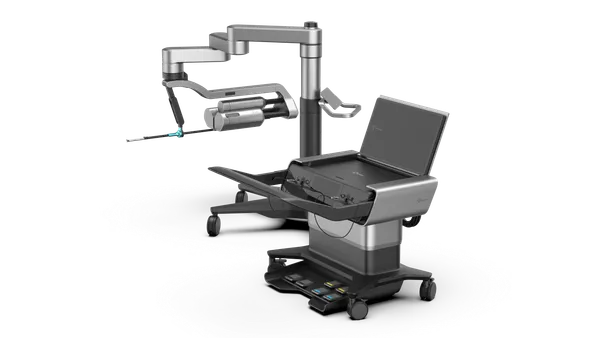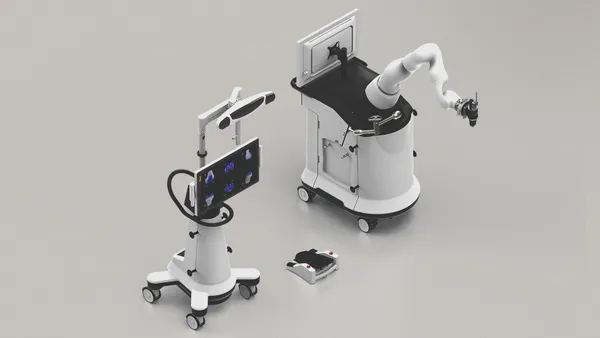Dive Brief:
-
An editorial published this week in American Heart Association journal Circulation found numerous limitations with a study that suggested Abiomed’s Impella device is more expensive and dangerous than intra-aortic balloon pumps (IABPs).
-
Written by cardiac specialists at UT Southwestern and University of Michigan, the editorial responds to results from a study presented in November that sent shares in Abiomed down 10%. The company has argued the research was “fundamentally flawed.”
-
The editorial authors said the data should serve as "a cautionary note" that highlight an "urgent need" for RCTs comparing Impella to IABPs in high-risk patient undergoing percutaneous coronary intervention. "Until such studies are completed, the current enthusiasm for Impella and the rapid expansion of this technology seem unjustified to the editors."
Dive Insight:
Abiomed spent 2019 on defense as studies pointed to potential problems with certain products in its Impella line.
The year began with FDA cautioning that a post-approval study linked Abiomed’s Impella RP System to a higher-than-expected mortality rate, and ended with a study suggesting IABPs have an edge over Impella on cost and incidence of adverse events.
Company management responded to the IABP comparison by criticizing the design of the study, but the findings may have dented sales. Abiomed began its third quarter with a month in which global sales grew 24%. The IABP study came out the following month. Abiomed’s sales growth for the third quarter overall came in at 10%.
Now, a Circulation editorial may lend some credence to Abiomed’s criticism of the study by highlighting how factors other than the effects of Impella and IABP may explain the results.
“Some, most, or even all of the hazard observed with use of Impella versus IABP may be due to selection bias and residual confounding; indeed, readers should be aware that the study limitations may mask a true benefit from the Impella, with the observed findings opposite of the real treatment effect,” the authors of the editorial wrote.
The study, a full write up of which was published alongside the editorial, analyzed data on 48,000 patients in the Premier Healthcare Database who underwent percutaneous coronary intervention (PCI) from 2004 to 2016.
As the authors acknowledge, the design of the trial means no causal connection between Impella use and negative outcomes can be drawn due to the risk of unmeasured confounding. The editorial expands on that limitation, stating that “clinical features almost certainly drive operators to choose to use an Impella over an IABP.”
Analysts at Jefferies contend the editorial supports Abiomed’s stance, arguing the shortcomings it identifies render the study “essentially worthless in informing clinical practice.”
Still, the authors of the editorial see value in the study, despite its limitations, stating the results “raise the possibility that the rapid increase in Impella use and substantial variation in practice patterns may have potentially negative implications for patients.”












